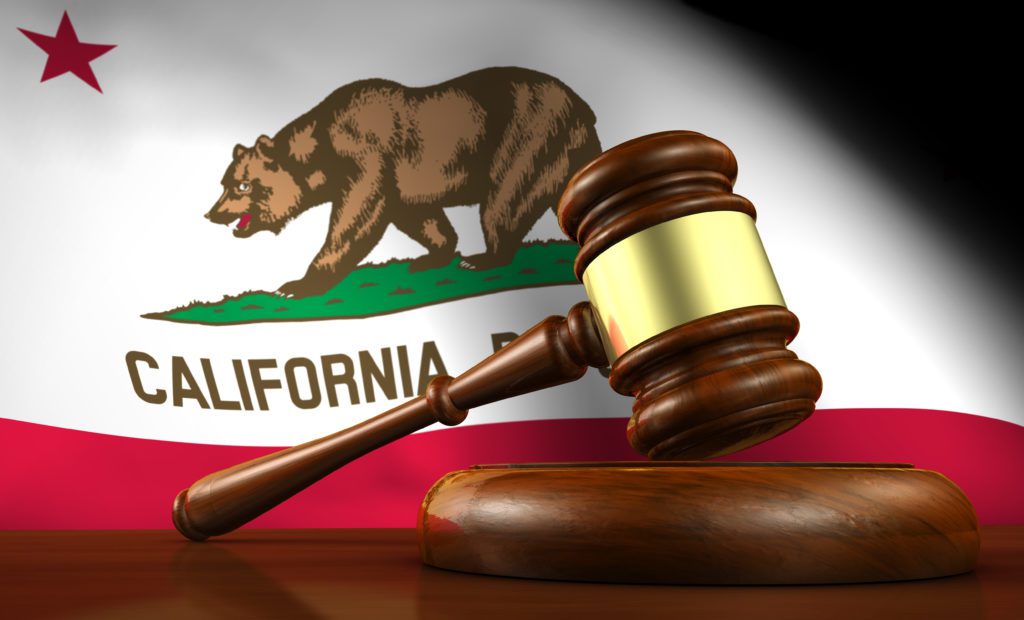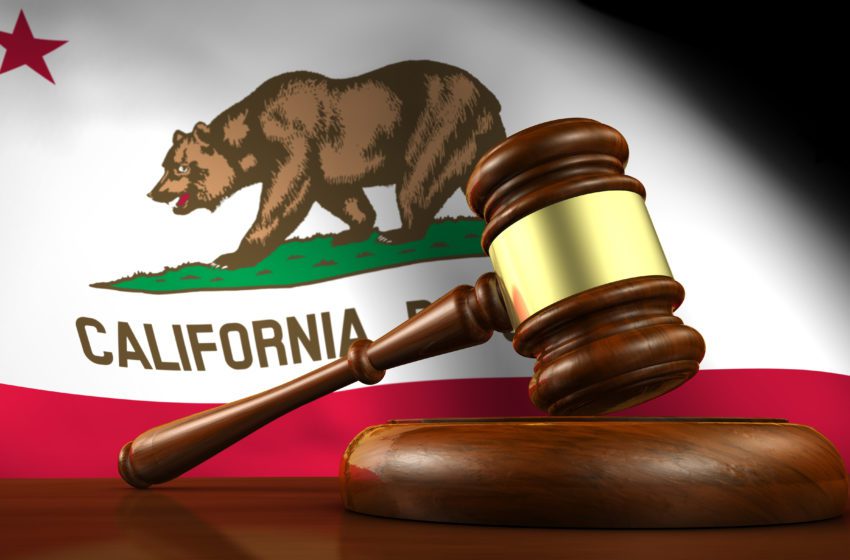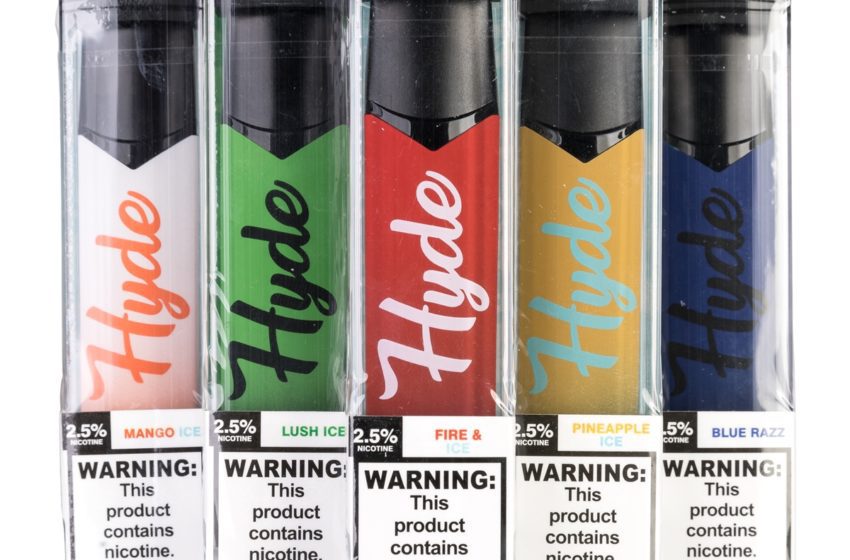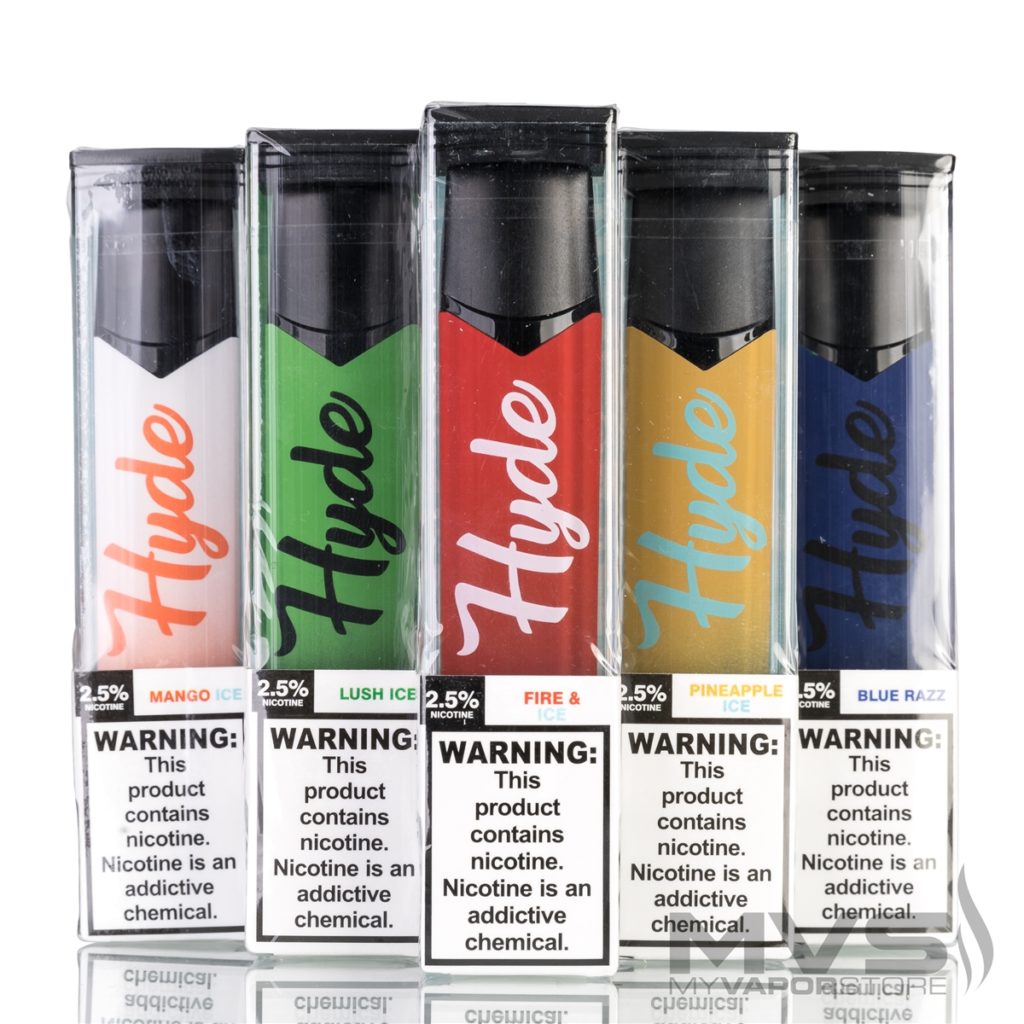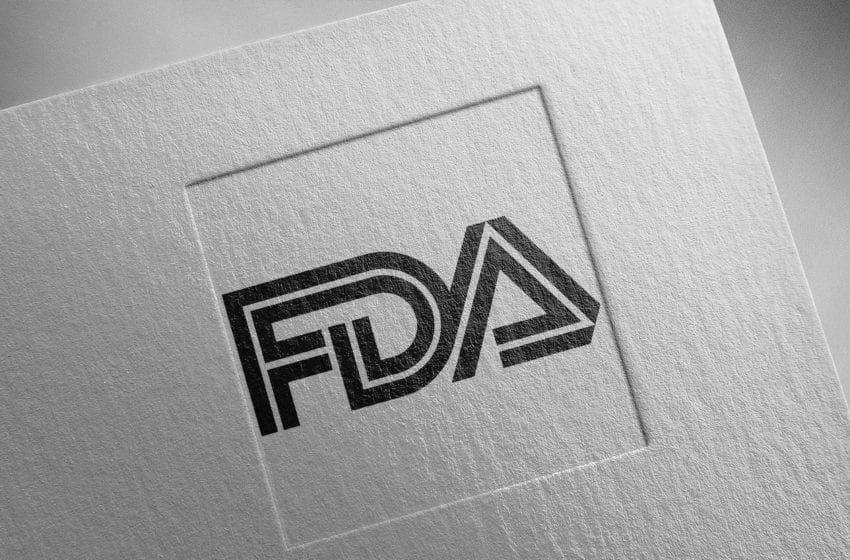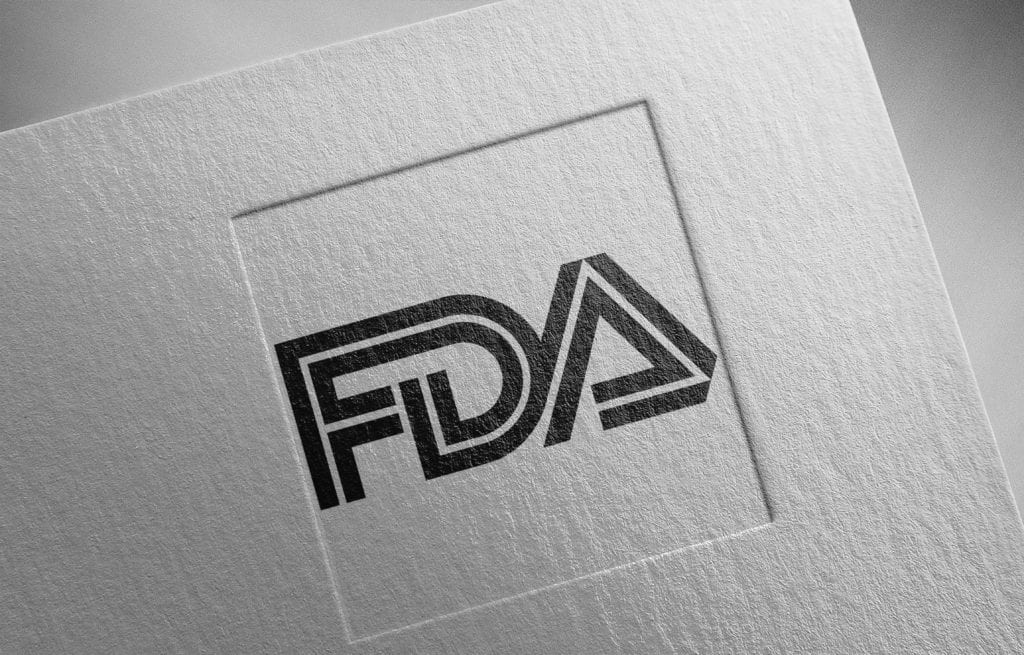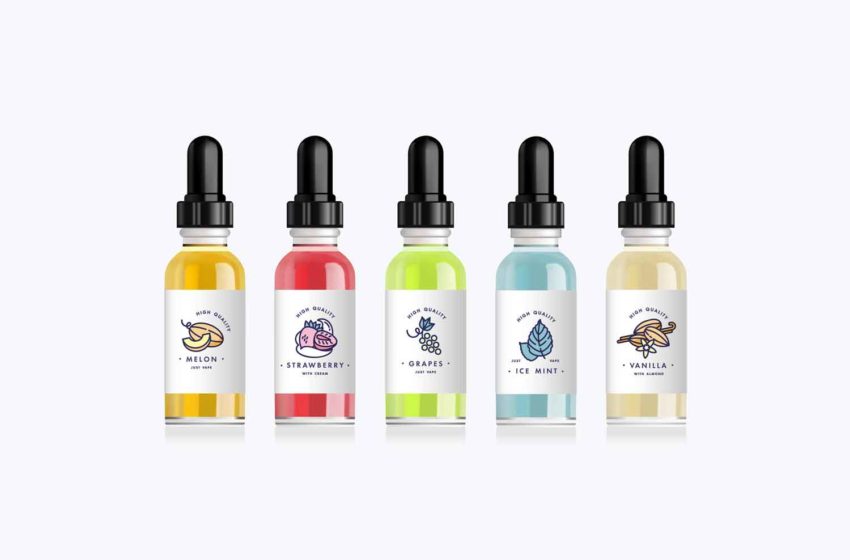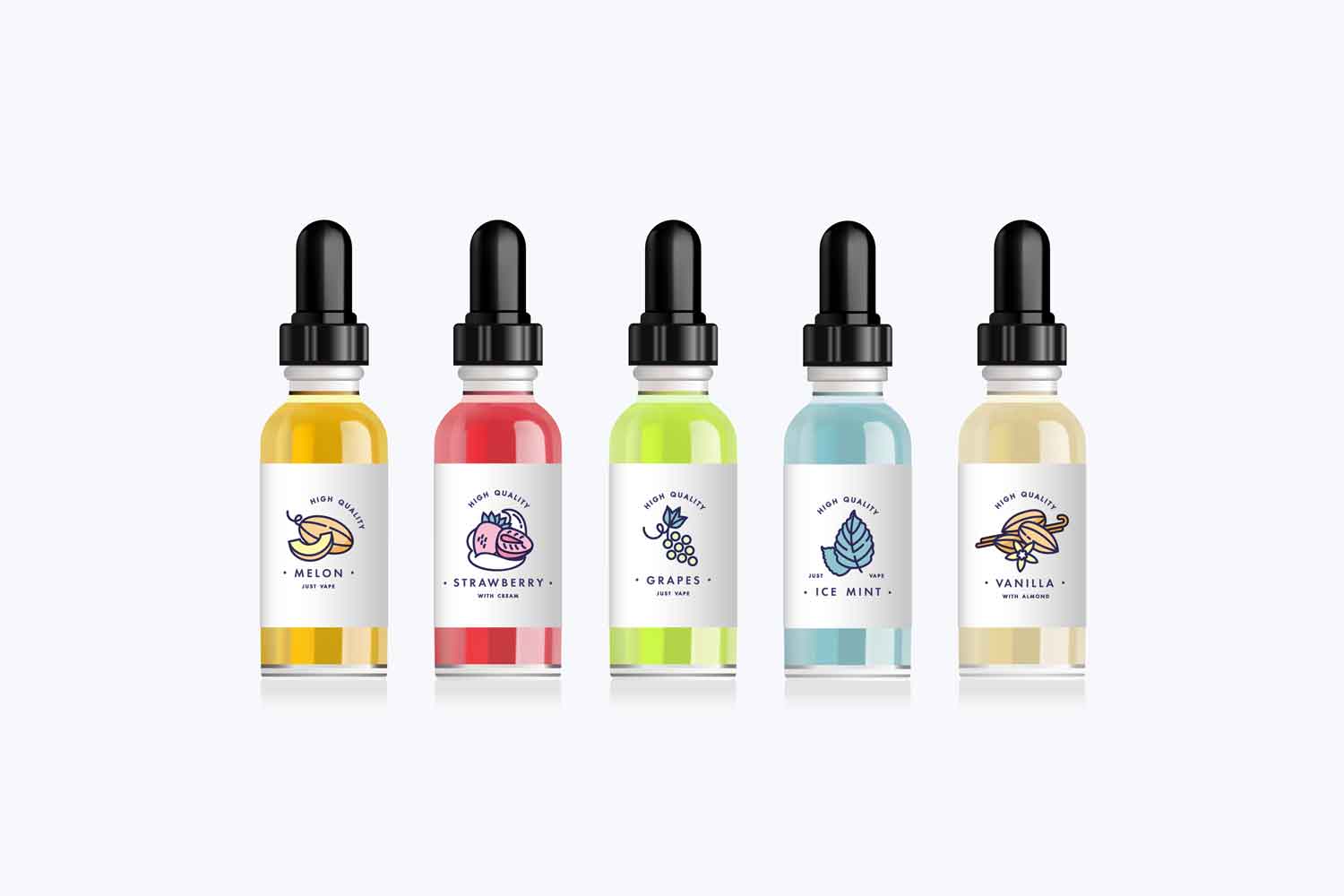The manufacturer of Hyde and Juno brand e-cigarettes is suing the U.S. Food and Drug Administration and the U.S. Department of Health and Human Services claiming the agencies violated the Administrative Procedure Act.
New York-based Magellan Technology accuses the agencies of refusing to review company’s premarket tobacco product applications (PMTAs) for 12 products, a process which has cost the company $1 million. Magellan claims the FDA “arbitrarily” and “capriciously” rejected the applications, according to law360.
“Magellan had already spent over $1 million on the PMTAs at the time the RTA [refuse-to-accept] order [was] issued and plans to spend over $10 million on the PMTAs in total,” the suit states.
Texas-based retailer Vapor Train 2 LLC is also a plaintiff in the suit. The companies asked a Texas federal court to temporarily stay the RTA order the FDA issued to Magellan, according to the lawsuit filed Thursday.
“FDA acted arbitrarily, capriciously, and otherwise not in accordance with applicable law in issuing the [refuse-to-accept] order,” the lawsuit states. “The agency invoked regulations governing [premarket tobacco product applications] acceptance that do not apply to Magellan’s [applications] and failed to consider timely amendments containing required content that Magellan properly submitted.”
According to the suit, applications for Magellan’s products were submitted to the FDA on May 12 and 13 by a third-party company based in China, Skyte Testing Services Guangdong Co. Ltd., before the May 14 deadline.
However leading up to the due date, the FDA made last-minute changes to what was required in an application, the suit claims. Specifically, on April 14, the agency used emergency powers to amend a document, Form 4057, which Magellan would need to include with its application.
An amended version of this form wasn’t posted on the government’s website for almost two weeks, additionally, the FDA didn’t announce the change until May 16, two days after the applications were due.
Magellan claims that at the time Skyte submitted the applications, the government’s website did not generate submission tracking numbers. Magellan claims didn’t learn those numbers until after the FDA issued its RTAs in October, according to the suit.
Without the numbers, Magellan was not able to properly submit amendments to its application, specifically a new Form 4057. Skyte tried to submit updated documents on Aug. 18, explaining in the summary page that these documents were meant to be included with its May submissions, according to the suit.
But the FDA later rejected these forms for not including the submission tracking number, the lawsuit claims. The agency specifically noted that “although you submitted additional submissions which may have been intended to amend your applications, [the submissions] did not specify the [tracking number] assigned to the original submission within FDA Form 4057,” according to the suit.
Magellan claims the omission was not its fault.
The FDA did not act “in accordance with law by failing to consider Magellan’s timely amendments submitted on Aug. 18, 2022, on the grounds that the amendments did not include or reference the submission tracking numbers assigned … when FDA itself failed to assign the original bundled applications corresponding submission tracking numbers,” the suit states.
